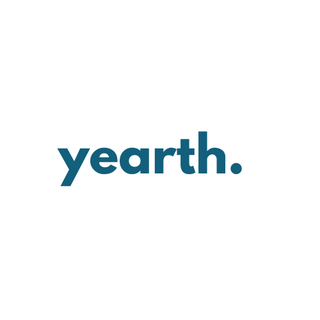Upcycled beauty is the process of creating products for skin and hair which include ingredients that have been produced from the waste materials leftover from agricultural, food, and drink industries.
The skins, seeds, pips and leaves of fruit and vegetables contain valuable components which can be extracted to create a new and valuable resource. These by-products gain new life by being transformed into high quality ingredients with higher value than the original starting material and most residual waste leftover from the manufacturing process is further used for animal feed, making this a circular procedure where nothing is left to end up in landfill and where we rely less on natures finite resources.
Quite interestingly upcycled products often contain higher levels of essential fatty acids and active compounds than the standard counterparts.
Take upcycled hemp seed oil for example made from hemp seeds which are not fit for the food industry:
An antioxidant study (ORAC) revealed that Hemp NECTA®, an upcycled oil from the rejected hemp seeds from the food industry had a significantly higher antioxidant capacity compared to conventional hemp seed oil.
Seeing in numbers just how much waste can be diverted is eye-opening....... 1kg of hemp seed oil saves 300'000 hemp seeds from heading into landfill - just think of how much precious oil could be wasted if the seeds weren't being rescued!
Is upcycling a new concept?
No, upcycling has been happening for years across many industries. Take the brewing industry for example; for years they have profited from selling any leftover plant material, or waste beer from the brewing process to be produced into animal feed, and the yeast extracted from the process is sold to become something us Brits either love or hate: Marmite.
Perhaps now though, motivation to introduce upcycling processes into businesses has shifted. Originally many industries found alternative avenues for their waste products as a way of saving money and avoiding disposal charges but with more and more people looking at ways to increase their sustainability profile, the process of upcycling has moved up the checklist and is considered beneficial to all stakeholders, both financially, ethically and morally.
With climate change affecting crops, manufacturers are having to look for new and innovative ways to meet demands for produce. A rise in consumer demand for environmentally minded products has sparked a real push on upcycling and for good reason. That's why we believe that this isn't just another trend, but instead, this is the beginning of a new era of skincare which we’re really excited about being part of.



